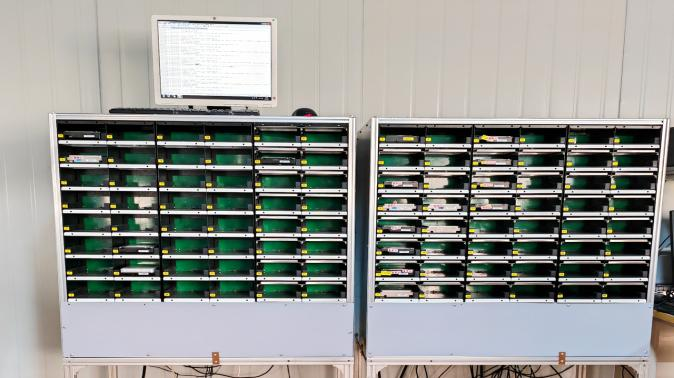Electric chainsaws have gained popularity in recent years due to their convenience, ease of use, and environmental friendliness. However, like any tool, they also come with their fair share of disadvantages. In this article, we will delve into the drawbacks of electric chainsaws, providing a comprehensive analysis that caters to both professionals and enthusiasts alike.
- Limited Power and Mobility:
One of the primary disadvantages of electric chainsaws is their limited power compared to their gas-powered counterparts. While electric chainsaws are suitable for light to medium-duty tasks, they may struggle with heavy-duty cutting or felling larger trees. Additionally, their reliance on a power source restricts their mobility, as they require a nearby electrical outlet or an extension cord. - Corded Limitations:
Electric chainsaws that rely on a cord face inherent limitations. The length of the cord restricts the range of movement, making it challenging to navigate through dense foliage or reach distant areas. Moreover, the cord poses a safety hazard, as it can accidentally be cut or tripped over during operation. - Battery Life and Recharge Time:
For cordless electric chainsaws, the battery life is a crucial factor to consider. While advancements in battery technology have improved their performance, they still have limited runtimes. Longer cutting sessions may require frequent battery replacements or recharges, which can disrupt workflow and extend project timelines. - Maintenance and Durability:
Electric chainsaws require regular maintenance to ensure optimal performance. The chain needs to be sharpened regularly, and the bar lubricated to prevent overheating and premature wear. Additionally, the overall durability of electric chainsaws may be lower compared to gas-powered models, as they are more susceptible to damage from accidental drops or impacts. - Noise and Vibration:
Although electric chainsaws are generally quieter than gas-powered ones, they still produce noise during operation. This can be a concern for users who require a quieter working environment or live in noise-restricted areas. Furthermore, electric chainsaws tend to vibrate more, which can lead to user fatigue and discomfort during prolonged use. - Initial Cost:
While electric chainsaws are often more affordable than gas-powered alternatives, they still require a significant upfront investment. High-quality electric chainsaws with advanced features and longer battery life tend to be more expensive. Therefore, users should carefully consider their needs and budget before making a purchase.
Conclusion:
Electric chainsaws offer numerous advantages, such as ease of use and environmental friendliness. However, it is essential to be aware of their drawbacks to make an informed decision. The limited power and mobility, corded limitations, battery life and recharge time, maintenance requirements, noise and vibration, and initial cost are all factors to consider when choosing an electric chainsaw. By understanding these disadvantages, users can determine whether an electric chainsaw is the right tool for their specific needs and projects.




